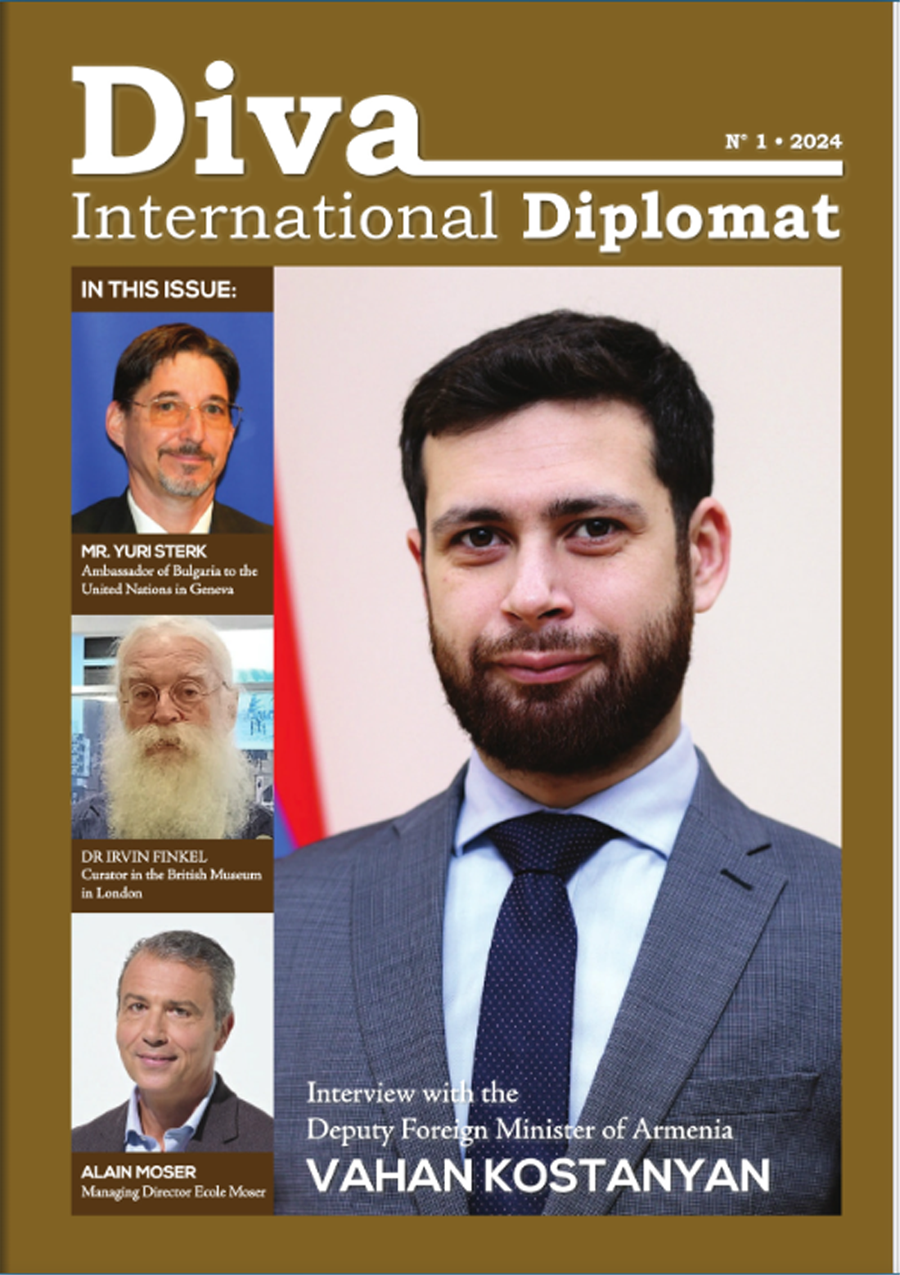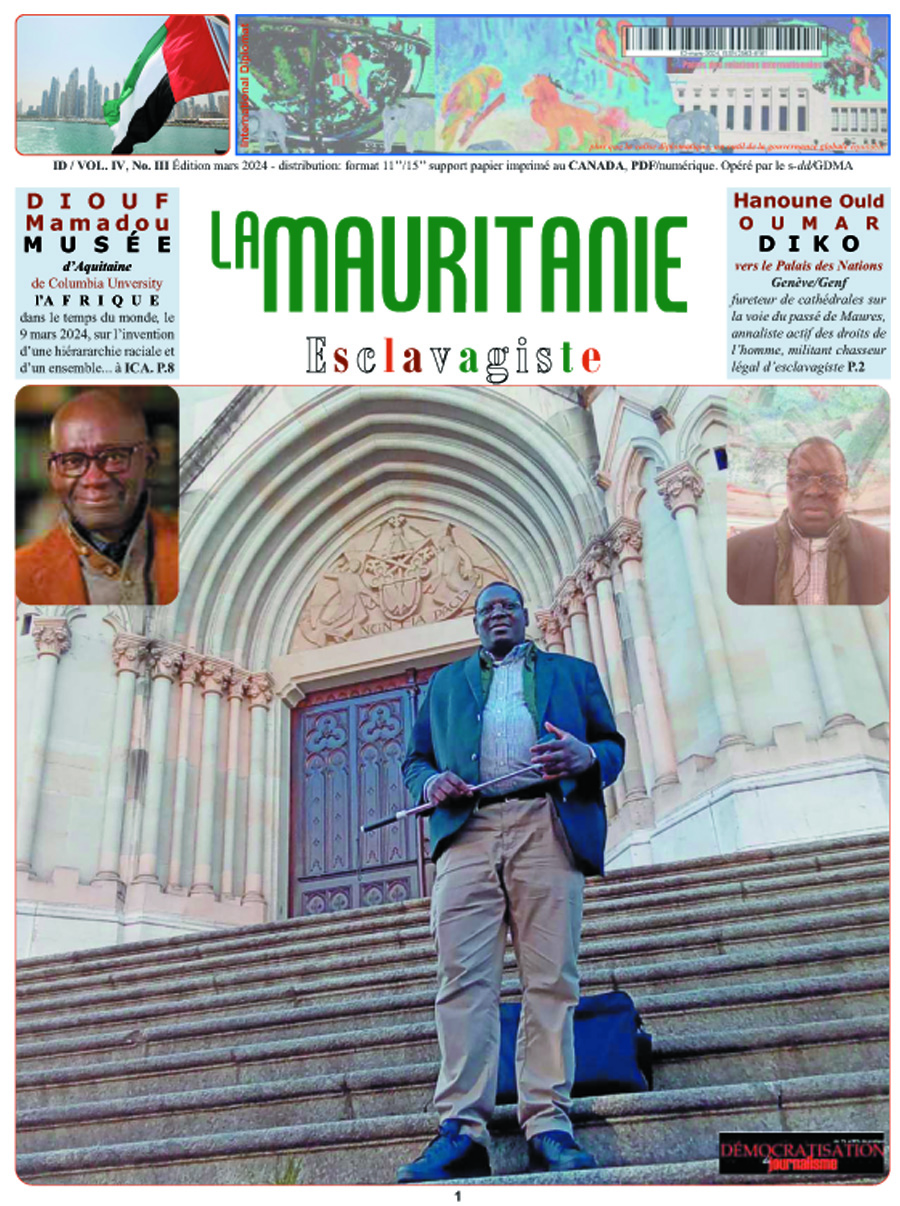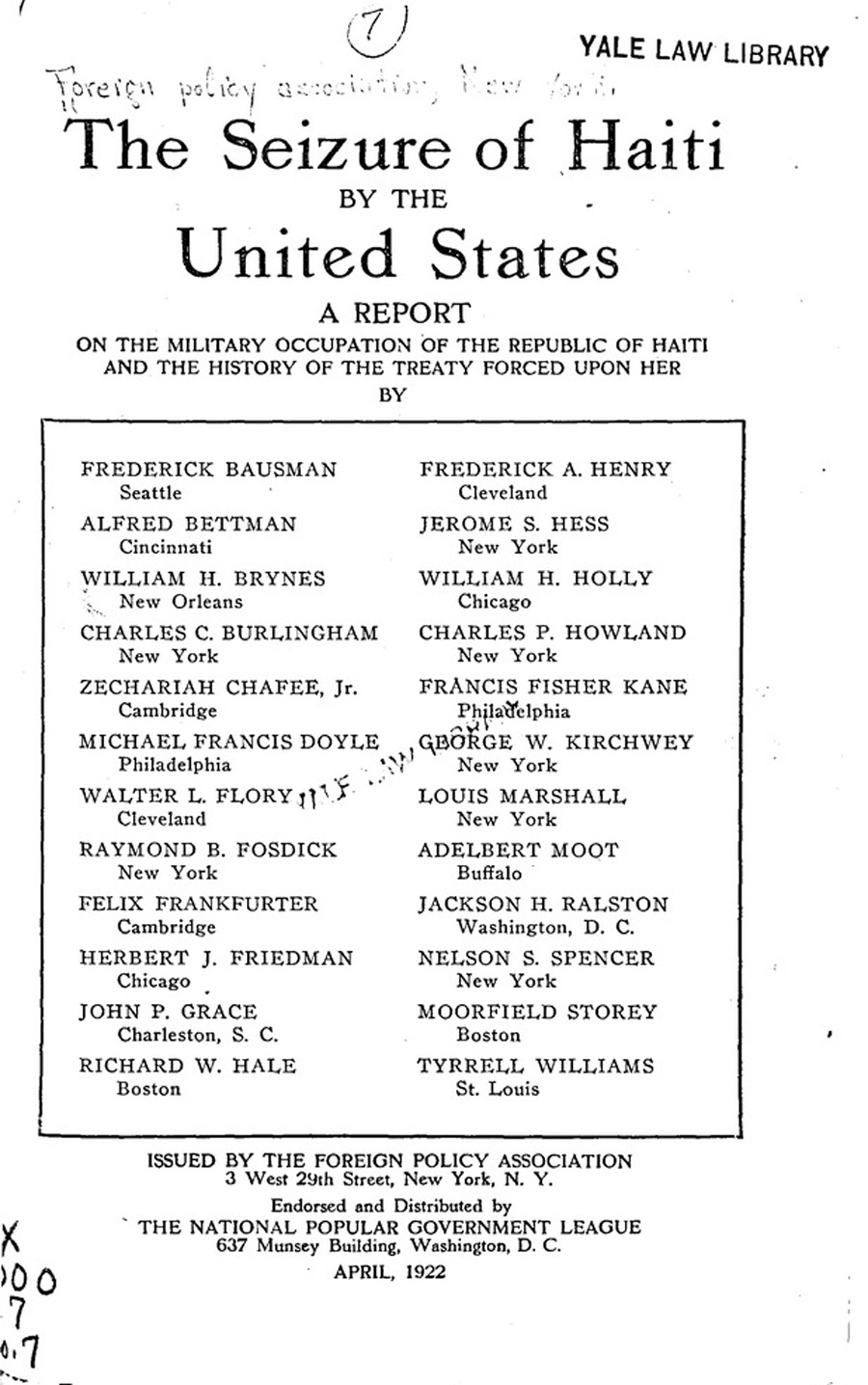(Geneva) As the United Nations’ Human Rights Council meets in Geneva this week, the International Commission against the Death Penalty (ICDP) held a high-level side event with senior representatives from government, UN and the European Union to assess why and how to abolish capital punishment.
The event, held at the Palais des Nations yesterday (25 February), called on the few remaining executing nations to immediately suspend capital punishment as a first step towards full abolition.
Members of ICDP – an independent body opposed to the death penalty in all circumstances – were joined on the panel by Gry Larsen, State Secretary from Norway’s Ministry of Foreign Affairs; Jesús Gracia, Spain’s Secretary of State for Iberoamérica; Kyung-wha Kang, UN Deputy High Commissioner for Human Rights and Stavros Lambrinidis, EU Special Representative on Human Rights. Ruth Dreifuss, ICDP Commissioner and former President of the Swiss Confederation, chaired discussions.
In a specially recorded message, UN Secretary-General Ban Ki-moon said: “The sentiment towards abolition finds echoes in every region and across legal systems, traditions, customs and religious backgrounds. Currently some 150 States have either abolished the death penalty or do not practice it.”
ICDP’s President Federico Mayor, former UNESCO Director General and former Minister of Education and Science of Spain and ICDP member Mohammed Bedjaoui, former Foreign Minister of Algeria, outlined global progress and challenges in the campaign for a death penalty free world.
Federico Mayor stated: “The isolation of the world’s last executing nations is growing as more countries conclude that capital punishment is cruel, endorses violence and risks execution of the innocent, while failing to deter violent crime. We urge the authorities in countries clinging to this abhorrent human rights violation to show leadership and to immediately suspend executions, as a first step toward full abolition.”
The global trend is firmly towards abolition, and in December 2012 the UN General Assembly voted for a global moratorium on executions. A record 111 nations supported the decisive UN call, which was the fourth made by the world body in the past five years.
While not legally binding, the UN resolutions have been a political breakthrough, sending a strong message to the few countries adhering to capital punishment that it is time to reject what is increasingly seen as a cruel and counter-productive practice.
In 1945, when the UN was founded, only eight states had abolished the death penalty for all crimes. Today over two-thirds of the 193 UN Member States have abolished capital punishment or do not use it.
Only a small number of states carry out executions every year. The world’s most prolific executioners are China, Iran, Iraq, North Korea, Saudi Arabia, the USA and Yemen.
ICDP is led by a group of high-profile Commissioners from across the world. These eminent individuals include former presidents, prime ministers, government ministers, senior United Nations officials, a former US state governor, a former judge and president of the International Court of Justice, and a leading academic.





